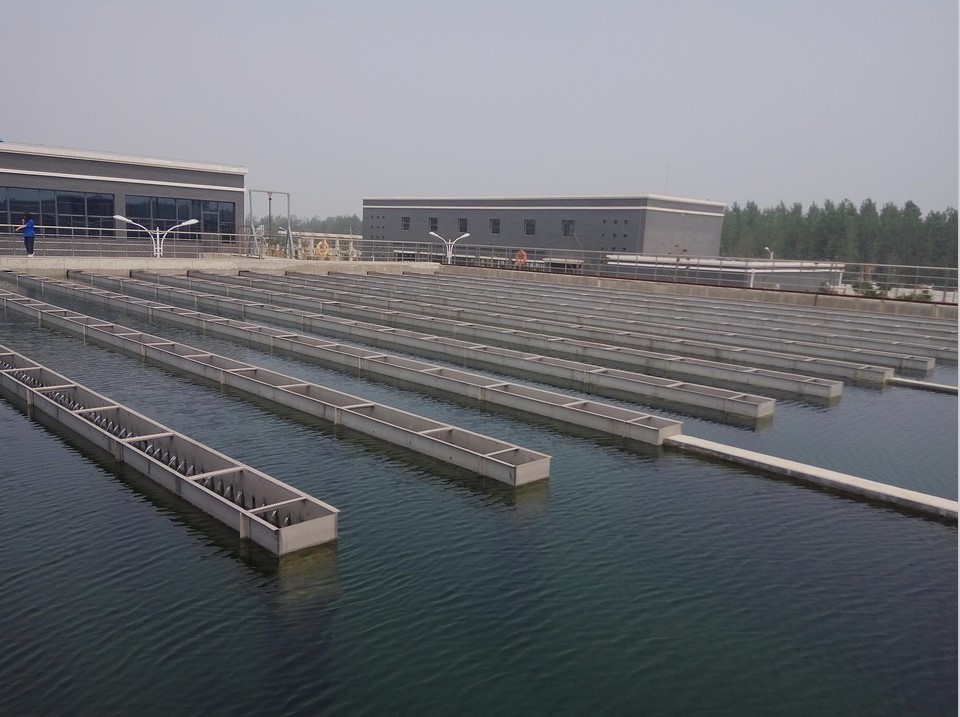Water is often taken for granted, but the right type of treated water is an essential element for many businesses. Whether you need treated water to feed a boiler or cooling system, for use in fabrication and manufacturing or to treat wastewater before disposal, deciding on a filter method is an important consideration. Read on to learn how to choose the best filtering system for your budget and needs.
Get Testing
Testing is an easy and affordable way to evaluate new or existing water treatment equipment. You can hire a testing company to do the work or save money by doing your own testing. Look for vacuum filter testing kits and other types of test kits to make the process simple and reliable. Remember to do your research and practice before conducting your own water quality tests and consider getting a professional opinion to confirm your results.
Compare Different Systems
There are many different types of water treatment systems available, and the best type for your business depends on your specific needs. A water softening system may be all you need if your main concern is removing minerals from hard water, while a reverse osmosis filter is great for cleaning debris and contaminants from brackish water. Make a list of your company’s water needs and compare which systems best fulfill your requirements.
Evaluate Your Budget
Budget is the most important factor to consider when choosing a filter method for your water treatment needs because the best system out there is useless if you can’t afford it. However, if you have your eye on a system with a price that’s just out of reach, there are options to work it into your budget. Look at the used market to find lower prices or make cutbacks in other parts of your budget to free up funds.
Consider Your Current Resources
If it’s not broken, why fix it? Consider whether your current water treatment resources are working well enough or if they could be tweaked to fit your needs. Using your existing equipment saves both money and the environment by keeping industrial items out of the landfill.
Don’t forget to make sure your filter method and water treatment processes comply with all local, state and federal regulations. There’s nothing worse than dropping a large chunk of your budget on a new filter system only to find out that it doesn’t pass inspection. If possible, have your new system inspected before you commit to the purchase.
